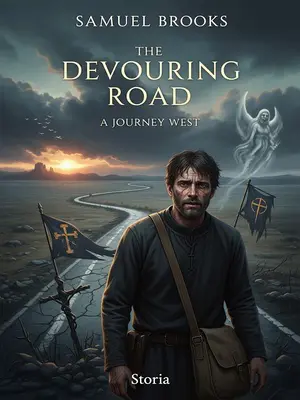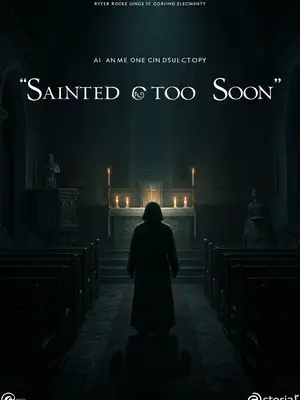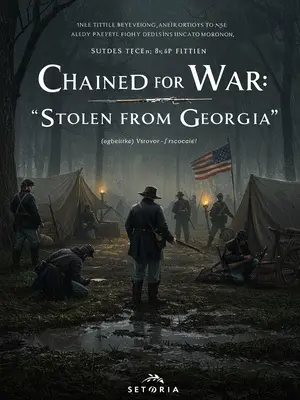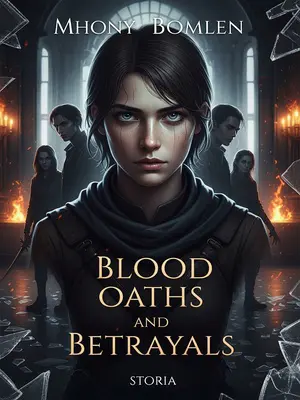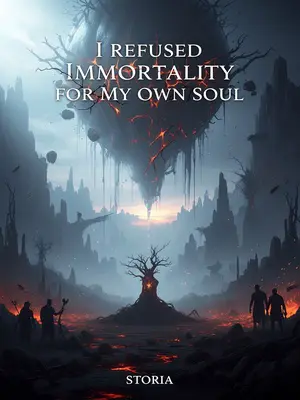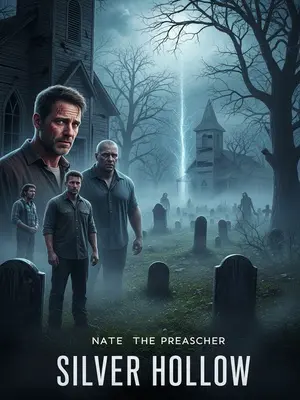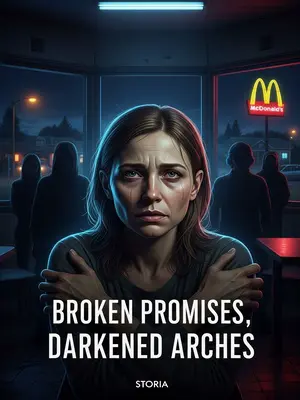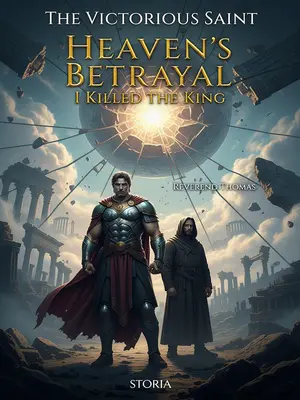Chapter 5: The Price of Freedom
There were no threads on my body, so I just stood there, lost.
I looked down at my hands, half-expecting to see strings. But there was nothing—just skin and bone, trembling with uncertainty.
“Charles Crane, did you not hear me?”
The Lord's voice was sharp, slicing through my reverie. I looked up, startled.
“I heard.”
My voice sounded small in the vast hall, swallowed by the silence that followed.
“Then why are you standing there in a daze?”
He stared at me, eyes hard. The others watched, silent and still.
“Didn't you say the Word lies in enlightenment, not in scripture?”
I spoke before I could stop myself, the words tumbling out in a rush. The Lord's expression darkened.
“If there are no scriptures, how can there be enlightenment?”
His tone was icy, each word carefully measured. I felt the ground shift beneath me.
“You attained enlightenment under the old oak tree—did you have scripture then?”
The question hung between us, unanswered. The Lord's eyes narrowed.
“If everyone were like me, all would be saints, and the world would be paradise.”
He said it with conviction, but I heard the doubt beneath the surface.
“But you said, 'My teaching is like the parable of the raft. The Word should be abandoned, let alone what is not the Word.' You said the Word is in the heart, in emptiness, in freedom.”
I tried to remind him of his own teachings, hoping for a spark of understanding. Instead, his face hardened.
“You dare question the faith I preach?”
The words were a sentence, not a question. I knew then that I'd gone too far.
So I was banished to the mortal world by the Lord.
He pronounced the sentence with a wave of his hand. The sanctuary faded, replaced by the harsh light of the world outside. I was alone, stripped of everything but my memories and my doubts.
He made me suffer through ten lifetimes of reincarnation, then, as a disciple, journey west for the sacred texts to redeem myself for my earlier doubt. The journey west became my only constant, a thread running through every life.
Each life was a lesson—some gentle, some brutal. I lost friends, found love, tasted joy and grief in equal measure. The journey west became my only constant, a thread running through every life.
The Word should be abandoned, let alone what is not the Word!
I clung to that phrase, repeating it like a mantra. It became my compass, even when the world made no sense.
The Lord himself said this, yet now he accuses me of disrespecting the Word.
The irony was bitter, like burnt coffee on a winter morning. I laughed sometimes, just to keep from crying.
How ironic.
Eldest brother is no longer called Harrison Bodley. He lives in seclusion at Maple Hollow, in the Cave of the Crescent Moon and Three Stars. Now he goes by Patriarch Bodley.
Maple Hollow was a quiet place—red leaves drifting down in autumn, the air crisp and clean. Bodley built his home into the hillside, surrounded by old oaks and the whisper of wind. He liked the solitude, or so he claimed.
When he saw me banished to the mortal world, he wasn't surprised at all.
He just nodded, as if he'd been expecting it all along. "Some lessons you have to learn the hard way," he said, offering me a mug of strong coffee.
“People often say good triumphs over evil. Do you know why evil always loses?”
He asked the question out of nowhere, like he always did. I rolled my eyes, waiting for the punchline.
“Because it's evil.”
It seemed obvious, but I knew better than to trust easy answers with Bodley.
“No—because it loses.”
He grinned, enjoying my confusion. I shook my head, trying to keep up.
I didn't understand.
Bodley loved these riddles, tossing them out like breadcrumbs for me to follow. I sighed, waiting for him to explain.
“When the Lord and the Devil fought, do you know why the Lord won?”
He leaned forward, eyes twinkling with mischief. I shrugged, playing along.
“Because the faith is boundless?”
It sounded good, but Bodley just laughed.
“No—because people think 'Lord' sounds better than 'Devil.' If the devil's name sounded better, then it would be the Devil's Gospel that's boundless.”
He said it with a straight face, but I could tell he was only half-serious. The world, he seemed to say, is shaped by stories as much as by truth.
“So, at that time, the Lord lost and the Devil won?”
I tried to follow his logic, but it felt like chasing smoke.
“No, the Lord won.”
He said it simply, as if that settled everything.
“You're playing with words again. There's no Lord, no devil. Don't use those labels. Even if it's the Lord and the Devil, did the Lord win or the Devil?”
I was getting frustrated, but Bodley just smiled.
“The Lord won, as you and I both know.”
He said it with a shrug, as if the answer was obvious.
“Then why do you say it's just because the Lord's name sounds better?”

